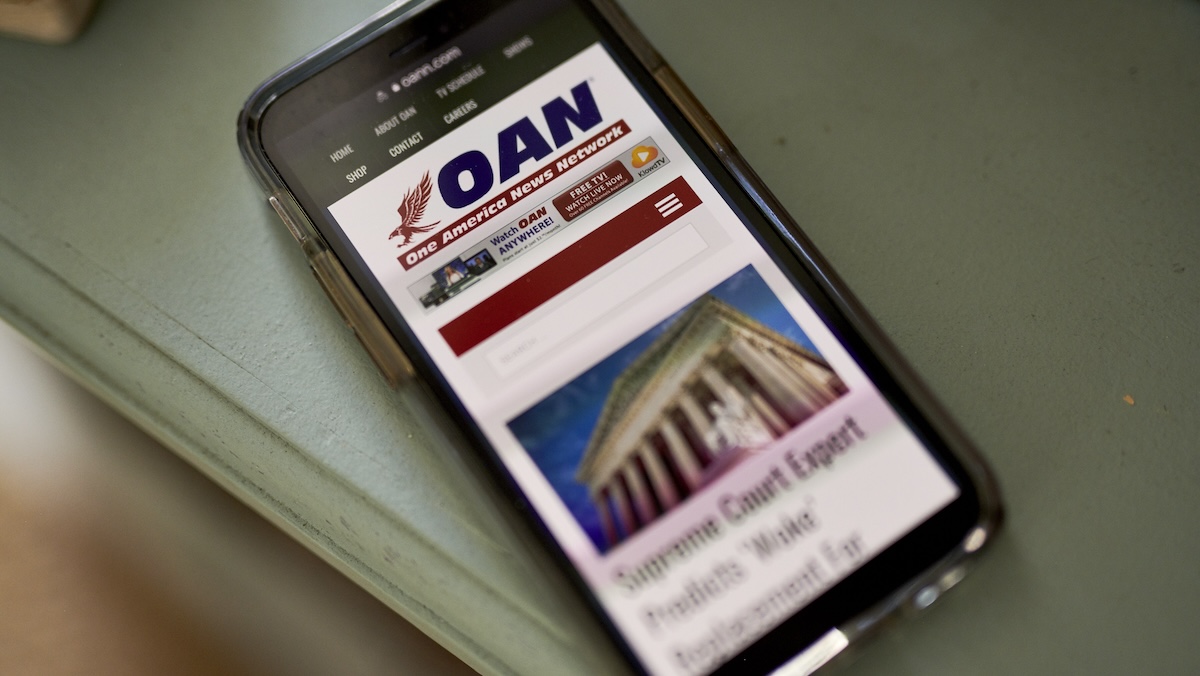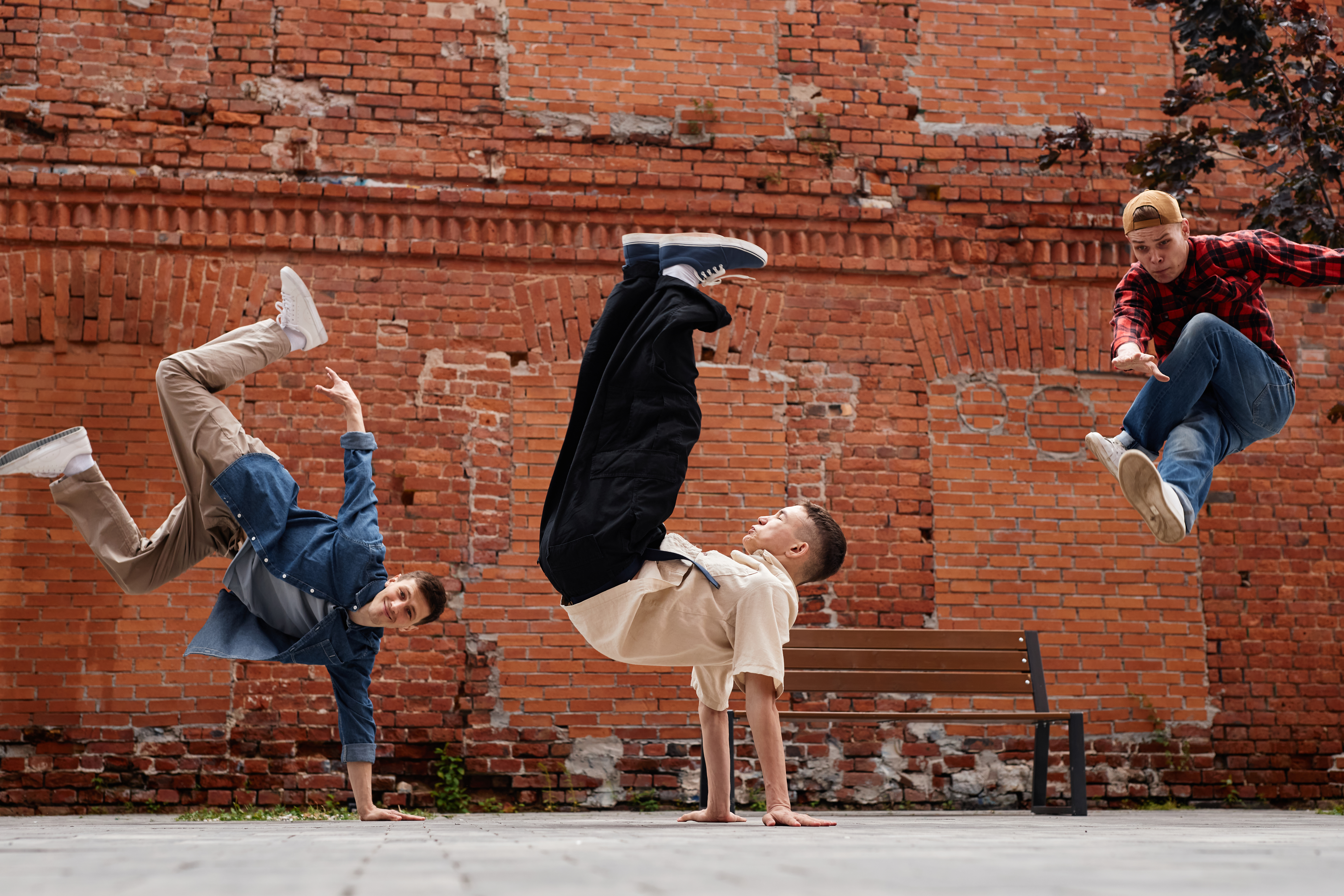What to Know
- At least 13 people are dead in Barcelona, with another dead in the resort town of Cambrils
- One American was killed and another injured, according to the State Department, but they have not been identified
- A crowd chanted "I am not afraid! I am not afraid!" after a minute's silence Barcelona's main square
A cell of at least nine extremists meticulously plotted to combine vehicles and explosives in a direct hit on tourists, and managed to carry off most of their deadly plan, killing 14 people, authorities said Friday. Police in Spain and France pressed a manhunt for any remaining members of the group, which Islamic State claimed as its own.
Only flawed bomb construction avoided a more devastating attack, authorities said after taking a closer look at a blast Wednesday evening in the town of Alcanar that was first written off as a household gas explosion. At least one person was killed and several injured in the home where police said the deadly plan took shape.
Eighteen hours later, a rented van veered into Barcelona's crowded Las Ramblas promenade, swerving along the walkway Thursday and killing 13 people. Armed with an ax, knives and false explosives belts, attackers drove a second vehicle to the boardwalk in the resort town of Cambrils early Friday, fatally injuring one person. Five of those attackers were shot to death, among them 17-year-old Moussa Oukabir, according to a Spanish police union official, confirming Spanish news reports.
Oukabir's name was first on a document listing four suspects sought in the attacks, said the official, who spoke on condition of anonymity to discuss the investigation. The Barcelona-based La Vanguardia newspaper, Spanish national broadcaster RTVE and other outlets cited police sources as saying he was the driver of the van in Barcelona.
The arrest order was issued throughout Spain and into France, according to the Spanish official and a French police official, who also spoke on condition of anonymity to discuss the document. They did not say what became of the other three men listed, who ranged in age from 18 to 24. All had roots in Morocco; only Moussa Oukabir was born in Spain, according to the document.
Earlier in the day, Catalan regional president Carles Puigdemont said at least one "terrorist is still on out there. We do not have information regarding the capacity to do more harm."
U.S. & World
The French official said Spain had flagged a rented van that was believed to have crossed the border to the north.
Moussa's brother Driss Oukabir was arrested Thursday after he went to police to report his stolen identity documents were those found in the van abandoned on the historic Las Ramblas promenade, Spanish media reported.
The brothers were born and raised in Ripoll, a quiet, upscale town of 10,000 tucked into hilly Catalan heartland and dominated by the imposing tower of the Monesteri de Santa Maria. The dented door to the family's first-floor apartment swung open Friday; the home was empty.
Neighbors said they were shocked by the news of Moussa Oukabir's involvement. One teenager, who identified himself only by his first name, Pau, said they played together when they were younger and he was "a good boy."
Authorities said the two attacks were related and the work of a large terrorist cell that had been plotting for a long time from the house in Alcanar, 200 kilometers (124 miles) down the coast from Barcelona. The house was destroyed by a butane gas explosion Wednesday night that killed one person. One of those injured in the blast was taken into custody.
Senior police official Josep Lluis Trapero said police believed the apparently accidental explosion prevented the suspects from carrying out a far deadlier attack.
Police said they arrested two people Friday, after the two arrests a day earlier. In custody are three Moroccans and one Spaniard, none with terrorism-related records.
"We are not talking about a group of one or two people, but rather a numerous group," regional Interior Ministry chief Joaquim Forn told Onda Cero radio.
The sheer size of the cell recalled the November 2015 attacks in Paris, in which trained Islamic State attackers struck the national stadium, a concert hall and bars and restaurants nearly simultaneously. Since then, the extremist group has steadily lost ground in its self-declared caliphate in Iraq and Syria, most recently with its defeat in Mosul.
"This shows there is no correlation between what is happening over there with Daesh and the operational capacity of the group," said Jean-Charles Brisard, a French security analyst, using another name for the group.
Spanish authorities had not yet drawn any direct links between IS extremists and the suspects in the Spanish attacks, but the possibility that members of the Spanish group could still be at large was chilling. Those who have survived prior attacks nearly always ended their lives with new bloodshed and a hail of police bullets.
"There is the danger they will not let themselves get caught and will do something dramatic," said Alain Chouet, a former French intelligence official.
Amid heavy security, Barcelona tried to move forward Friday, with the Las Ramblas promenade quietly reopening to the public and King Felipe VI and Spanish Prime Minister Mariano Rajoy joining thousands in a minute of silence in the city's main square.
"I am not afraid! I am not afraid!" the crowd chanted in Catalan and Spanish.
But the attacks unnerved a country that hasn't seen an Islamic extremist attack since 2004, when al-Qaida-inspired bombers killed 191 people in coordinated assaults on Madrid's commuter trains. Unlike France, Britain, Sweden and Germany, Spain has largely been spared, thanks in part to a crackdown that has netted about 200 suspected jihadis in recent years.
Authorities were still dealing with the Barcelona van attack when police in Cambrils, 130 kilometers (80 miles) to the south, fatally shot the five attackers who had plowed into tourists and locals with their car near the town's boardwalk. Forn said the five were wearing fake bomb belts.
One woman in Cambrils died from her injuries and five others were wounded, Catalan police said.
Cambrils Mayor Cami Mendoza said the town had taken precautions after the Barcelona bloodshed, but the suspects focused their attack on the narrow path to the boardwalk, which is usually packed.
"We were on a terrace," said bystander Jose Antonio Saez. "We heard the crash and intense gunshots, then (saw) the dead bodies on the floor, shot by the police."
Others described scenes of panic and found safety inside bars and restaurants until police secured the area.
"It was clearly a terror attack, intended to kill as many people as possible," Trapero said.
The Islamic State group said on its Aamaq news agency that the Barcelona attack was carried out by "soldiers of the Islamic State" in response to its calls for followers to target countries participating in the coalition fighting the extremist group in Syria and Iraq.
Islamic extremists have targeted Europe's major tourist attractions in recent years. Rented or hijacked vehicles have formed the backbone of a strategy to attack the West and its cultural symbols. Barcelona's Las Ramblas is one of the most popular attractions in a city that swarms with foreign tourists in August.
The dead and wounded in the two attacks came from 34 countries.
Rajoy called the killings a "savage terrorist attack" and said Spaniards "are not just united in mourning, but especially in the firm determination to beat those who want to rob us of our values and our way of life."
President Donald Trump personally offered his condolences to Rajoy and pledged to support Spanish authorities in their investigation and in bringing the perpetrators to justice, the White House said Friday.
Makeshift memorials grew along Las Ramblas after it reopened to the public, albeit under heavy surveillance and an unusual quiet.
"It's sad," New York tourist John Lanza said, as the family stood outside the gated La Boqueria market. "You can tell it's obviously quieter than it usually is, but I think people are trying to get on with their lives."



